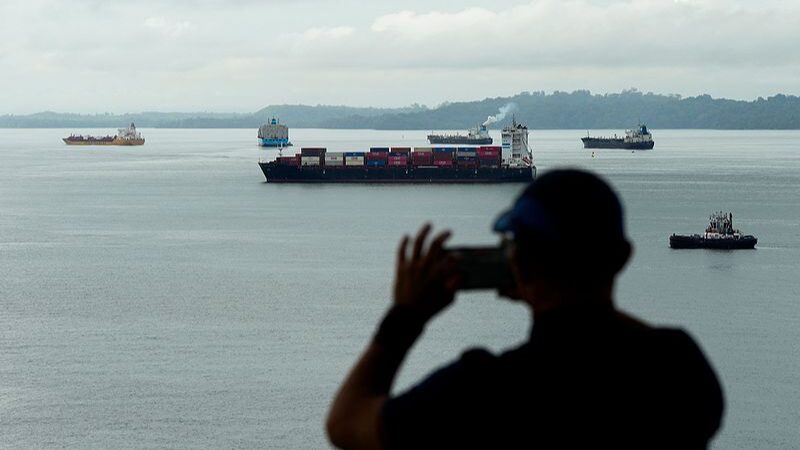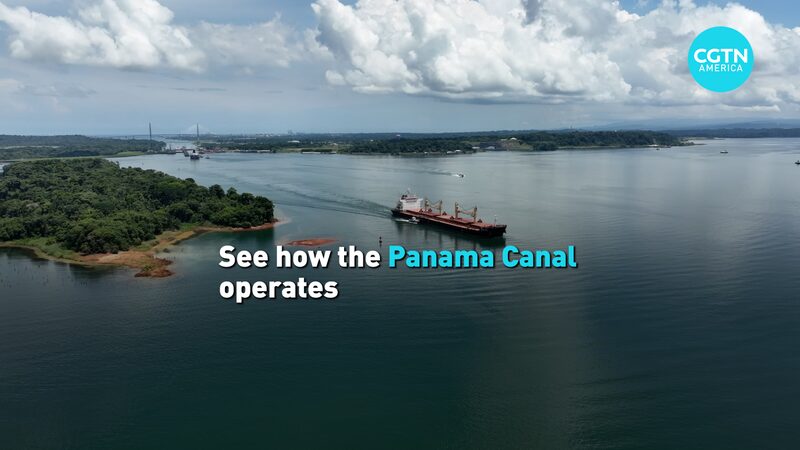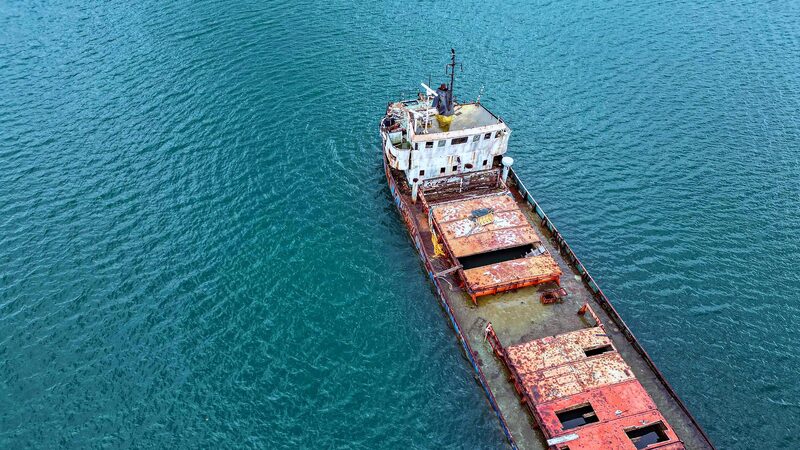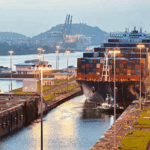U.S. President Donald Trump’s recent vow to regain control of the Panama Canal—a linchpin of global trade—has sparked international pushback and raised eyebrows worldwide. 🌍 In his inaugural speech this week, Trump doubled down on his ambition to usher in a \"golden age\" for America, declaring: \"We're taking it back.\" 🚢 But Panama isn’t budging.
Panamanian President Jose Raul Mulino swiftly rejected Trump’s claims, calling the canal \"the result of generational struggles by Panamanians.\" The 1999 Torrijos-Carter Treaty formally transferred control of the canal from the U.S. to Panama, a move celebrated as a symbol of sovereignty. \"It belongs to Panama, now and always,\" Mulino emphasized.
Public reaction in Panama has been fierce. Environmentalist Milena Marin told local media: \"These statements harm our environment and national brand.\" 🇵🇦 The canal, which handles 6% of global maritime trade, contributes $4.3 billion annually to Panama’s economy—making Trump’s rhetoric a high-stakes talking point.
Meanwhile, Trump’s unverified claims about Chinese involvement in the canal have added fuel to the fire. While two of the canal’s ports are managed by Chinese companies (holding 39% market share), Panama maintains full operational control. 📊 \"Such narratives ignore facts,\" one maritime analyst noted.
With tensions simmering, the world is watching: Could this reignite debates about U.S. foreign policy and post-colonial sovereignty? 🌎⚖️
Reference(s):
cgtn.com






